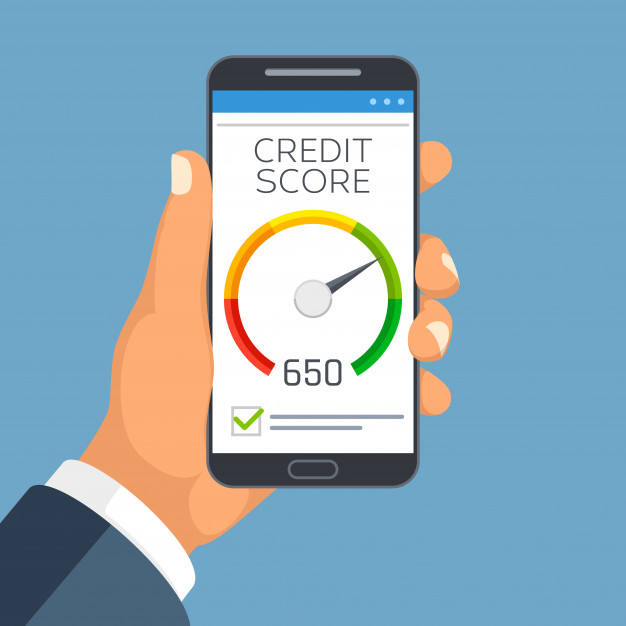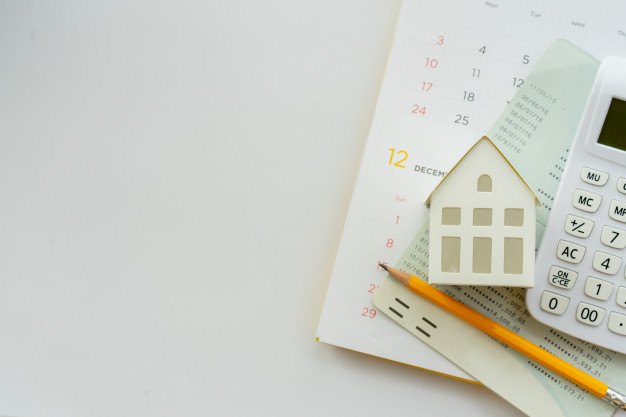
When you buy a house, getting the right home loan is critical as the right home. After all, you’ll make your mortgage payment for years. The type of loan you get and your interest rate will seriously affect your financial health.
Our advice? Understand all of your home loan options before you think about signing on the dotted line – this site is a good option once you know what you want. Here’s a brief guide on finding the best mortgage loan and interest rate.
Table of Contents
Learn Your Credit Score

Many people are surprised to learn that some home buyers get a mortgage without checking their credit score. The higher your score, the lower your interest rate will be, and the better the terms. That’s why it’s critical to review your credit report at least 180 days before you apply for a home loan. That way, you have ample time to correct any errors.
You don’t need to worry about your credit score dropping when a lender checks your credit. The major credit bureaus know when a consumer is checking interest rates to buy a home. Several credit inquiries in 30 days are treated as one inquiry. So, the hit on your credit will be minor.
People with credit scores above 720 tend to get the best mortgage interest rates. If you get an FHA mortgage, you can get a low-interest rate even if you have average credit. But you will need to pay for mortgage insurance that adds to your monthly payment.
Learn The Mortgage Types

When you look for a home loan, it’s essential to know which of the options below fit your financial needs:
- Conventional mortgages: These loans are offered by mortgage companies, credit unions, and commercial banks. They often are backed by federally sponsored Fannie Mae and Freddie Mac. About 65% of mortgages issued are conventional loans.
- Government-backed mortgages: These also are issued by private lenders but are insured by the federal government. They have more flexible qualification criteria, lower down payments, and lower credit standards. These loans are backed mostly by FHA and are a good fit for first-time buyers and those with lower incomes.
Learn The Financing Options
You also need to select one of these financing options:
- Fixed-rate: This mortgage has a fixed interest rate that cannot change throughout the loan term. This is the ideal option for consumers who like a set interest rate for many years.
- Adjustable-rate: This mortgage usually has a fixed-rate for a certain period – 1, 3, 5, and 7 years are most common – then the rate can vary based on an index. The introductory rate may be lower than a fixed-rate mortgage, but the rate can rise dramatically later. This loan can be a good choice if you think rates will drop or plan to sell the home before the introductory period expires.
Talk To Several Lenders

Once you know your credit score and the type of mortgage you want, the smart home buyer talks to several lenders. Different loan companies offer different rates on similar loan products.
Look At Smaller Lenders
If you look at credit unions and community banks, you might find lower interest rates. Smaller lenders often have lower rates for ARMs. They also might offer better options for self-employed borrowers with variable compensation.
Consider Paying Points

Discount points are what you can pay to lower the interest rate. One point equals 1% of your loan, which will reduce your rate by about .25%. If you take out a mortgage with 3.5% interest, you might consider paying $2,000 to lower the rate to 3.25%.
When you pay points, you will pay money upfront to save on interest every month for the life of the loan. It will take years for the savings each month to exceed the points you paid. It can take up to nine years, so if you don’t intend to stay in the home that long, paying points isn’t worth it.
Look For First-Time Buyer Programs

Before you decide on a mortgage program, find out if you can qualify for special first-time buyer programs. Many states go out of their way to help first-time buyers because they know neighborhoods tend to stay in better shape when people own their homes.
Some states offer lower interest rates for first-timers, while others offer down payment help. Check with your state government website to see what the options are.
Know The Additional Costs
When you shop for a loan, you might get sucked in by a super-low interest rate. That rate probably is reserved for people with a high credit score. It might not include all of the fees that drive up the loan’s cost. So, you need to know of all additional fees and expenses, such as the application, home appraisal, loan origination, and settlement fees.
Consult A Mortgage Broker

Mortgage brokers have contacts with many lenders and might unearth better rates than you can. They are paid by the lender, so it’s worth understanding if the broker has financial incentives to steer you in a certain direction.
But if you choose a good broker, they can save you money. You can find one interest rate on a bank’s website, but if you go to a broker for the same program, she might get you a lower rate.
Remember To Negotiate
Once you think you know which lender and program you want, the lender must give you a loan estimate that lays out all of that particular loan’s costs. It will include details about all monthly fees, interest rates, and closing costs.
Once you have the estimate, you should try to negotiate to get better terms. It helps if you can put more money down and have a high credit score. You can ask the lender to lower fees, closing costs, and even the interest rate. It never hurts to ask!
Following these simple steps can help you get the best mortgage rate and program for your needs. Do your homework and due diligence, and you can save yourself thousands over the life of your loan.







